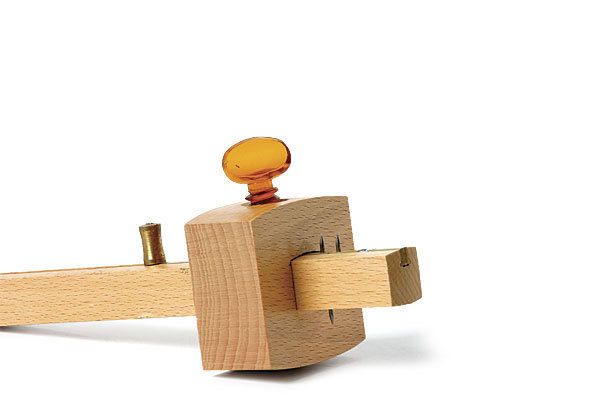
Q:
I have trouble cutting mortises and tenons with hand tools. I cut the tenons too thick, and when I trim them they inevitably end up out of parallel with the faces of the board. What can I do to get past these problems?
Henry Mazzocchio, Cleveland, OH
A:
The key to successful mortise-and-tenon joinery, no matter how you cut them, is laying out the joint precisely and then working up to, but not beyond, your layout lines. The best tool for laying out mortise-and-tenon joints is a mortising gauge. After you set it, use it to mark both the mortise and the tenon so that they are the same thickness. If you then work to your layout lines, you’ll have a joint that fits perfectly.
|
|
| Set the gauge. The distance between the pins should be set directly off the tool that will be used to cut the mortise, in this case a mortising chisel. |
|
|
| Mark the mortise. A mortise gauge marks both walls of the mortise at the same time. |
|
|
| A tenon to match. The tenon is marked with the same setup as the mortise, ensuring that the tenon is the same thickness as the mortise. |
|
|
| Trim to the line. After cutting proud of the layout lines to form the cheeks, trim down to the lines for a snug fit. |
Photos: Staff
Fine Woodworking Recommended Products
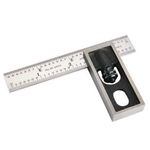
Starrett 4" Double Square
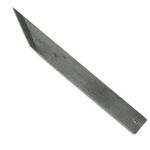
Marking knife: Hock Double-Bevel Violin Knife, 3/4 in.
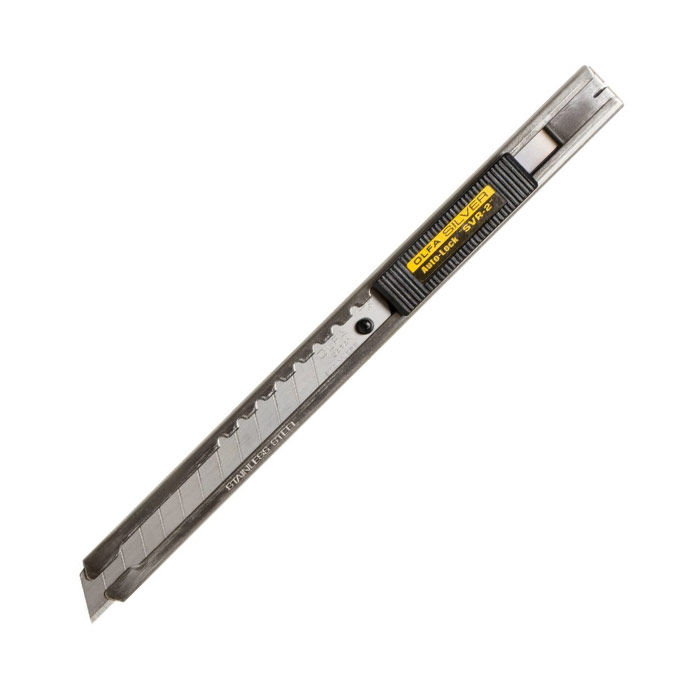
Olfa Knife









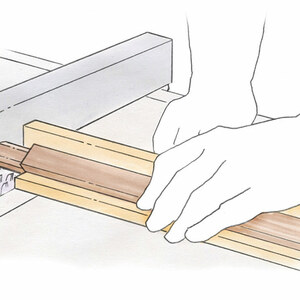
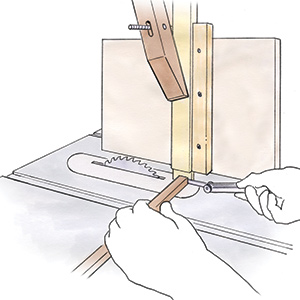



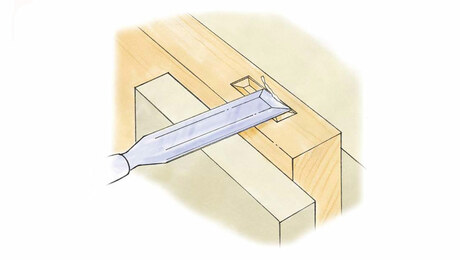
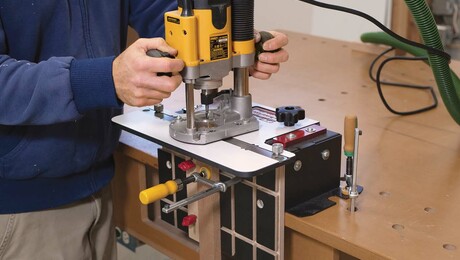
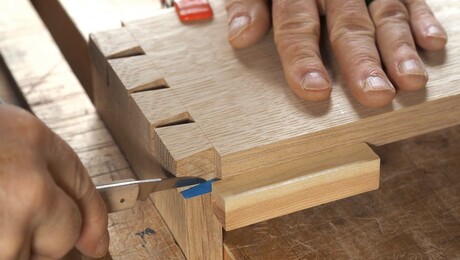









Comments
Where are the Pictures that accompany this article?
I don't see any pictures.
Log in or create an account to post a comment.
Sign up Log in